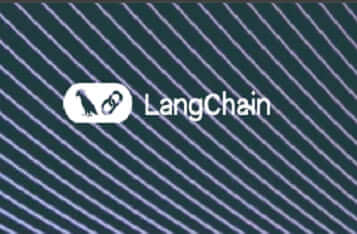Bitcoin's (BTC) 'Fossilization': What Lies Ahead?
Bitcoin (BTC) is increasingly becoming resistant to changes, a phenomenon some are calling 'fossilization'. This trend has ignited a heated debate within the crypto community. Proponents argue that this is a positive sign of Bitcoin's maturity and robustness, while opponents worry it could hinder innovation and adaptability.
Debate Over Bitcoin Protocol Changes
Supporters of Bitcoin's 'fossilization' believe that its rigidity is a hallmark of its decentralization. They argue that it ensures no single individual or group can enforce changes that could undermine Bitcoin's core principles like decentralization and security.
On the other hand, critics contend that this rigidity might have come too early, preventing necessary updates that could enhance Bitcoin's scalability, security, and functionality. They fear that if Bitcoin becomes too rigid, it might not be able to adapt to future technological advancements.
Concerns from Bitcoin Opponents
- Stifling Innovation: Critics worry that Bitcoin's resistance to change could hinder its ability to adopt new technologies and features, making it lag behind competitors.
- Difficulty in Addressing Issues: Security vulnerabilities or bugs might require updates to prevent potential incidents. If Bitcoin becomes too rigid, implementing necessary changes could be challenging.
- Decreased Developer Interest: Slow innovation could deter talented developers from contributing to the Bitcoin project.
Supporters' Perspective
- Stability and Reliability: Stability is crucial for Bitcoin's long-term success as a secure, decentralized store of value.
- Risk Minimization: Protocol changes can introduce vulnerabilities or unforeseen consequences. Minimizing changes helps maintain a robust and reliable system.
- Preserving Decentralization: Keeping the protocol minimalistic helps Bitcoin maintain its decentralized nature, preventing any group from gaining too much influence.
- Innovation on Other Layers: Layer two solutions and sidechains can offer flexibility and scalability without compromising Bitcoin's core security.
In summary, the debate over Bitcoin's 'fossilization' reflects a balance between security and innovation. While some believe stability is key, others argue that flexibility is essential for Bitcoin's growth. Finding a balance between these factors will be a significant challenge for the Bitcoin community moving forward.
For more details, visit the original article on blog.bitfinex.com.





